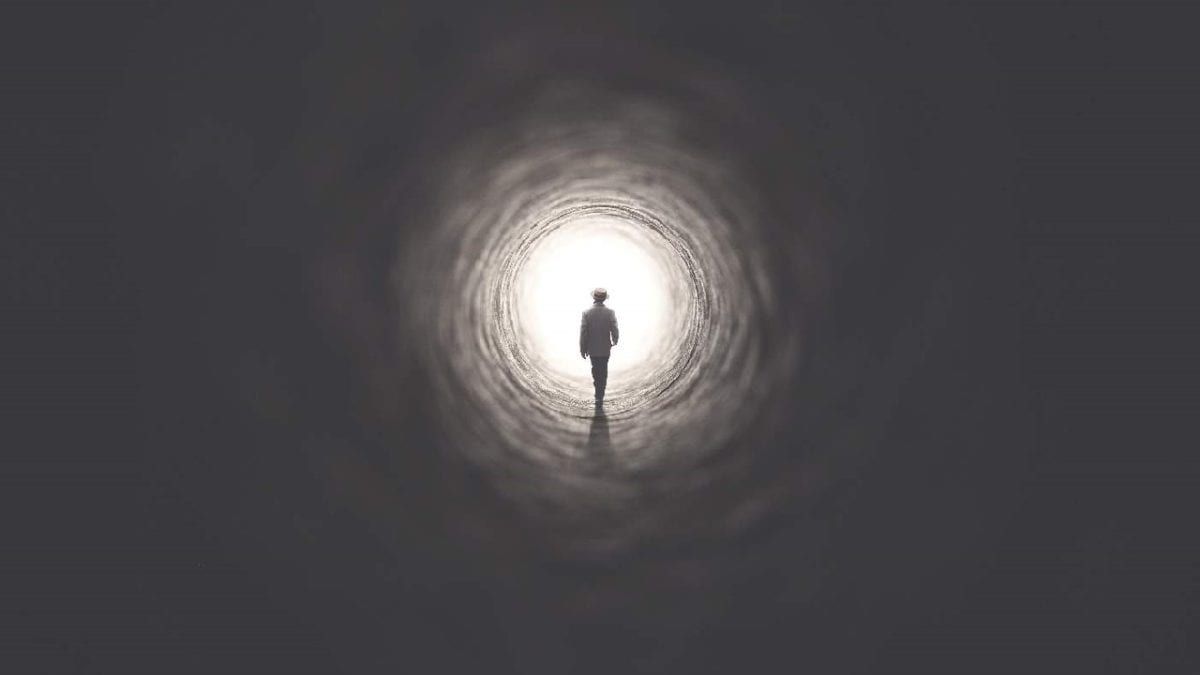This morning, I had a dental appointment for some routine maintenance work. The dentist asked me, “Do you floss your teeth every day?”
I told her a blatant lie, ‘Yes, I do.”
I did soften my response a bit by asking if she had a lie detector in her office. She didn’t, of course, and she must have figured out right away that I was lying.
However, it was a simple white lie; it didn’t hurt anyone except me, and it didn’t fool anyone. I do tell such white lies, or should I say “borderline truths” quite often. My wife often asks me a question, “Did you take your medication?”
I always say yes, because this is indeed the dishonest truth. She could have phrased her question more precisely, “Did you take your medication today?”
In that case, I would have to tell her the exact truth, “No, I didn’t.”
Why do we tell lies? Why do we tell white lies? I can speak only for myself as I don’t know anybody else that well. I lie mainly to avoid embarrassment, even in front of total strangers like my dentist. Luckily, I don’t do that too often now and hardly ever with my wife anymore, because she knows me too well.
Passive lying is far more common with me and with others too, I presume. The simplest example is not owning up to a mistake, sometimes with hilarious results. I once made train reservations for my sister-in-law and her husband, for a trip from New Delhi to Bangalore. In those days, these reservations had to be made in person at the ticket office, weeks or even months in advance.
My booking was perfect except that I got the date wrong, by a day. My sister-in-law-law found this out only she reached a train station a day late, with her husband. Somehow, the problem got smoothed over, mostly due to my mostly illegible handwriting in filling out the form. However, I never admitted my mistake and my sister-in-law still loves me, or at least, I hope so.
There have been many other instances of passive lying in my life, like the time I ate a whole box of aloo tikis and was never found out — until today. There have also been mysterious disappearances of ice cream and other goodies from the refrigerator, but it could have been anyone in the house. For the last few years, we are empty nesters; it’s just me and my wife in the house and it’s impossible to pass the buck to children anymore.
Also, as we get older, our passions cool down, and I now realize it is no big deal to apologize for a mistake. Even in the workplace, owning up to an honest mistake is the right thing to do. It prevents bigger problems down the road and builds up our own credibility.
I must confess the bulk of my lies is in my mind. Thousands of thoughts go through my mind every day and most of them are incorrect. Sometimes, I dwell on the past, or, rather, a sanitized version of the past. I think back to the good old days of my youth, glossing over the bad old days, the times of great difficulties. Those times have been blocked out by my mind; it is giving me a distorted view of reality. This is no different from lying.
Sometimes, my mind goes back to some things that people have said that I found hurtful. I am sure this happens to others, too, particularly those who have to deal with in-laws, in other words, the bulk of the human adult population. I attribute meanings to things these people said, and these are quite obviously mental lies. I can never, ever know exactly what people meant when they said certain things.
Sometimes, I think about the future. When I shower, I plan out my day in great detail, creating a mental to-do list; many others, I am sure do something similar. In reality, only a small percentage of the work gets done; other things happen during the day, and sometimes priorities change by the minute. Hence thinking about the future in such great detail is one big giant mental lie. Newspapers tell similar lies all the time because a big portion of the news is about what could happen in the future. It works because no one can fact-check a future that doesn’t even exist.
At a conceptual level, I realize that I shouldn’t be telling lies verbally or even mentally. It would definitely make life simpler as it means far fewer things to remember. The real problem is how to get to that state.
Maybe, I can learn from Om Swami Ji. He has made truth one of his core principles in life and it shows in everything that he says or does. He does not promise instant self-realization. Instead, he gives us spiritual techniques that he has used himself, on his own spiritual journey, without promising very quick results.
It will take me a lifetime, or more, to get even close to success along this path.
Perhaps, I can make a great start by flossing my teeth every day so that I can be completely honest with my dentist the next time I visit her.









Comments & Discussion
52 COMMENTS
Please login to read members' comments and participate in the discussion.